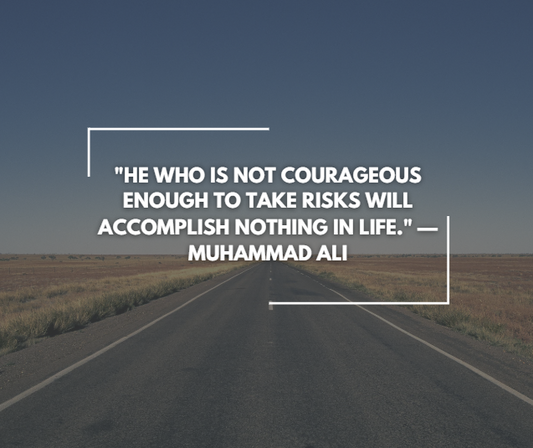"If you do what you've always done, you'll get what you've always gotten" captures a potent truth about the dynamics of both career and personal development. This quote, which has been attributed to a number of people including leaders and motivational speakers, highlights the necessity of adaptability, creativity, and breaking away from ingrained habits in order to achieve different results.
Examining this sentence reveals important ramifications for people looking to improve, succeed, and have life-changing experiences. In essence, the statement questions the idea of acting in the same ways and expecting different outcomes. It fits the definition of insanity given by Albert Einstein, which is defined as doing the same thing over and over again and expecting a different outcome. This viewpoint encourages people to consider their routines, methods, and behavioural patterns because it acknowledges that real progress necessitates a break from the status quo.
The ideas of evolution and adaptation are fundamental to the idea. In the natural world, there's a chance of extinction for species that can't adjust to shifting conditions. Similar to this, people and organisations that cling to tried-and-true practices and oppose change risk becoming caught in a vicious cycle of inertia, which restricts their ability to advance and succeed. The expression emphasises how crucial it is to welcome change and investigate novel tactics, actions, or viewpoints. It implies that in order to get different and possibly better results, one must be willing to challenge preconceived notions, venture outside of one's comfort zone, and try out novel strategies. This kind of thinking is consistent with the notion that growth frequently takes place at the boundary of one's comfort zone, where difficulties and uncertainty serve as stimulants for development.
The statement has consequences for organisational development and innovation in the workplace. Companies that steadfastly stick to conventional practices and refuse to adjust to shifting market conditions risk losing ground to more innovative rivals. The expression exhorts teams and leaders to evaluate their procedures, embrace a continuous improvement mentality, and look for novel solutions. The statement emphasises the value of self-awareness and the capacity to identify when ingrained habits are impeding development on a personal level. It challenges people to consider their objectives, aspirations, and the methods they use to get there. The statement functions as a call to reconsider and adjust strategies if the results do not match the intended outcomes.
Additionally, the idea discusses how mindset affects results. People with a growth mindset—defined as those who think they can learn, adapt, and get better—are more likely to welcome change and look for new chances. On the other hand, a fixed mindset can impede one's ability to advance and succeed since it clings to the known and opposes change. Conclusively, the adage "If you do what you've always done, you'll get what you've always gotten" is a potent reminder of the necessity of innovation, change, and adaptation in both personal and professional pursuits. It pushes people to abandon ingrained habits, re-evaluate their approaches, and adopt an attitude of constant improvement. People can take intentional steps towards positive change, opening up new possibilities and achieving results that are in line with their changing goals and aspirations, by realising the link between actions and results.





